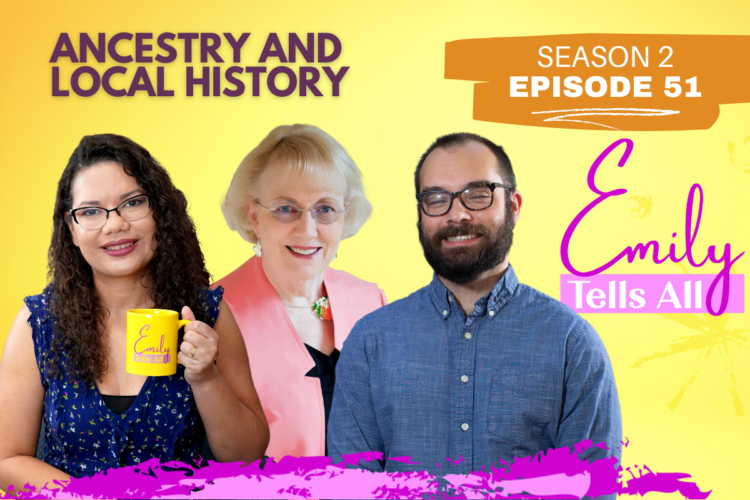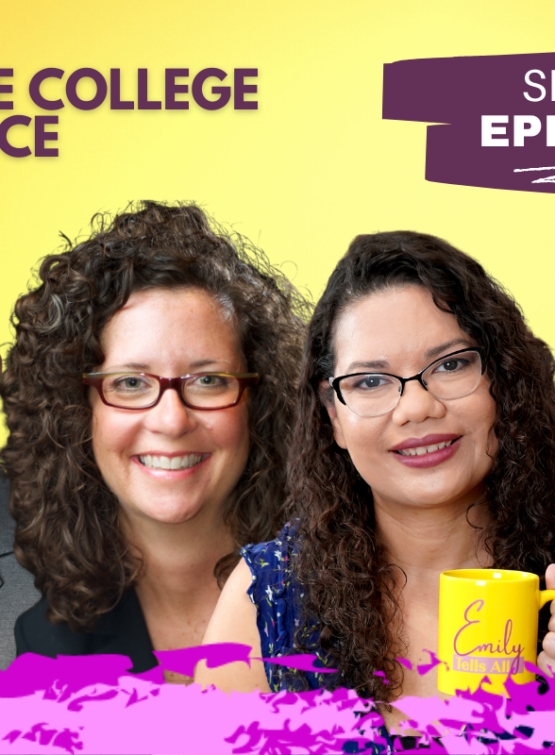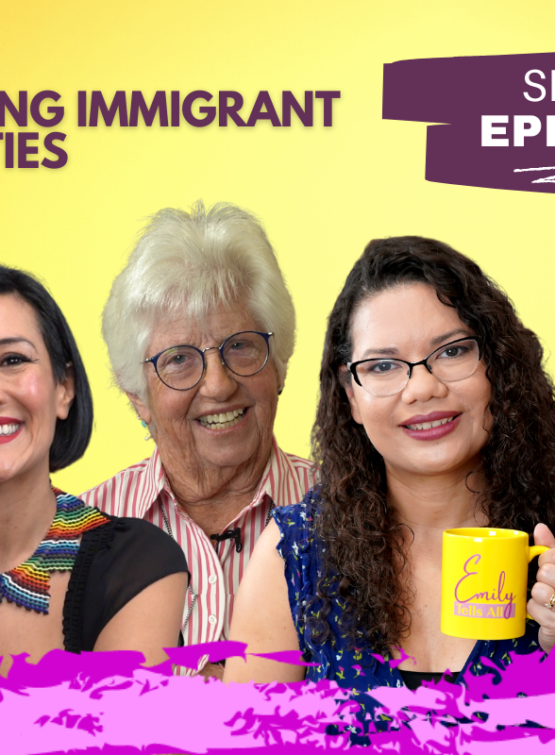AIR DATE DECEMBER 22, 2022
Title: Genealogy
Learn how to start the journey of uncovering your family history and ways you can share your legacy with your descendants.
Guests and Locations
Central Florida Genealogical Society, President – Elaine Powell
Orange County Regional History Center, Museum Registrar – Daniel Bradfield
History’s Lessons Create New Futures for All
As we study history, we look at how past events helped shape the way things are today. This work lets us learn about ourselves, how we came to be, and ways to create paths for our families and communities.
I recently had the privilege of speaking with the Heritage Lady, genealogist Elaine Powell. She says there never really is an end to one’s search through history. “When you find one more ancestor, another generation, then you find more, and more, and more,” she said with a laugh. “Nobody ever finishes their genealogy.”
I also spoke with Dan Bradfield, an oral historian at the Orange County Regional Center. His job is to collect the stories of people, including their thoughts, feelings, and beliefs. “There’s less of a focus on trying to prove factualness,” he told me. “A lot of other stuff related to the factual nature of an event can be found in contemporaneous records.”
Finding Evidence Is Always a Challenge
Information gets lost in translation all the time. People can see or hear something and draw a completely different conclusion than the individual giving them the facts or history lesson intends.
Powell says that it’s imperative in genealogy to source facts. “If you say my father was born in 1919, what proves that fact? His birth certificate. He married in 1942. What proves that? The marriage certificate.”
For Bradfield, dates are important because they tend to be the one thing people often get wrong. “I’ve interviewed World War II vets and asked them about 1945, and they still think they have a year left on the war,” he told me. “I don’t remember what I had from lunch last Thursday, and that was a week ago. It’s important to remember [history] is a record of their memory of an event, not the event itself.”
History is meant to be informative. It can also deliver some shocking results. For Powell, it helped her discover that her father had a half-brother that no one in the family knew about until they did the genealogy work.
DNA Tracking Is Changing How We Think of History
Human family structures have always been somewhat fluid. Children get adopted, families become blended, and separations sometimes occur. With DNA technology, we have a greater sense of connection.
“DNA has helped them to discover they might have a match,” said Powell. “A DNA match on Ancestry and so they connect with a cousin and then they’re able to find out their birth parents.”
Bradfield says that our age of social media makes oral history a perfect addition to this research. “I think this systematic tool and approach to trying to memorialize historical events is very useful to get at things that written documentation doesn’t get at, whether it’s like we said, thoughts, feelings, things like that,” he said. “Unless you kept a diary, that kind of stuff is gone normally, but it gets at this information that might not be recorded in written documents.”
Everyone who lives through a historical event will have a story to tell. Our experiences can lead to teaching opportunities that shape tomorrow. By making personal connections to what has happened before, we can create a present time that bridges the gap between the past and the future.
You can connect with Elaine Powell at theheritagelady.com, while Dan Bradfield can be reached directly at daniel.bradfield@ocfl.net.



